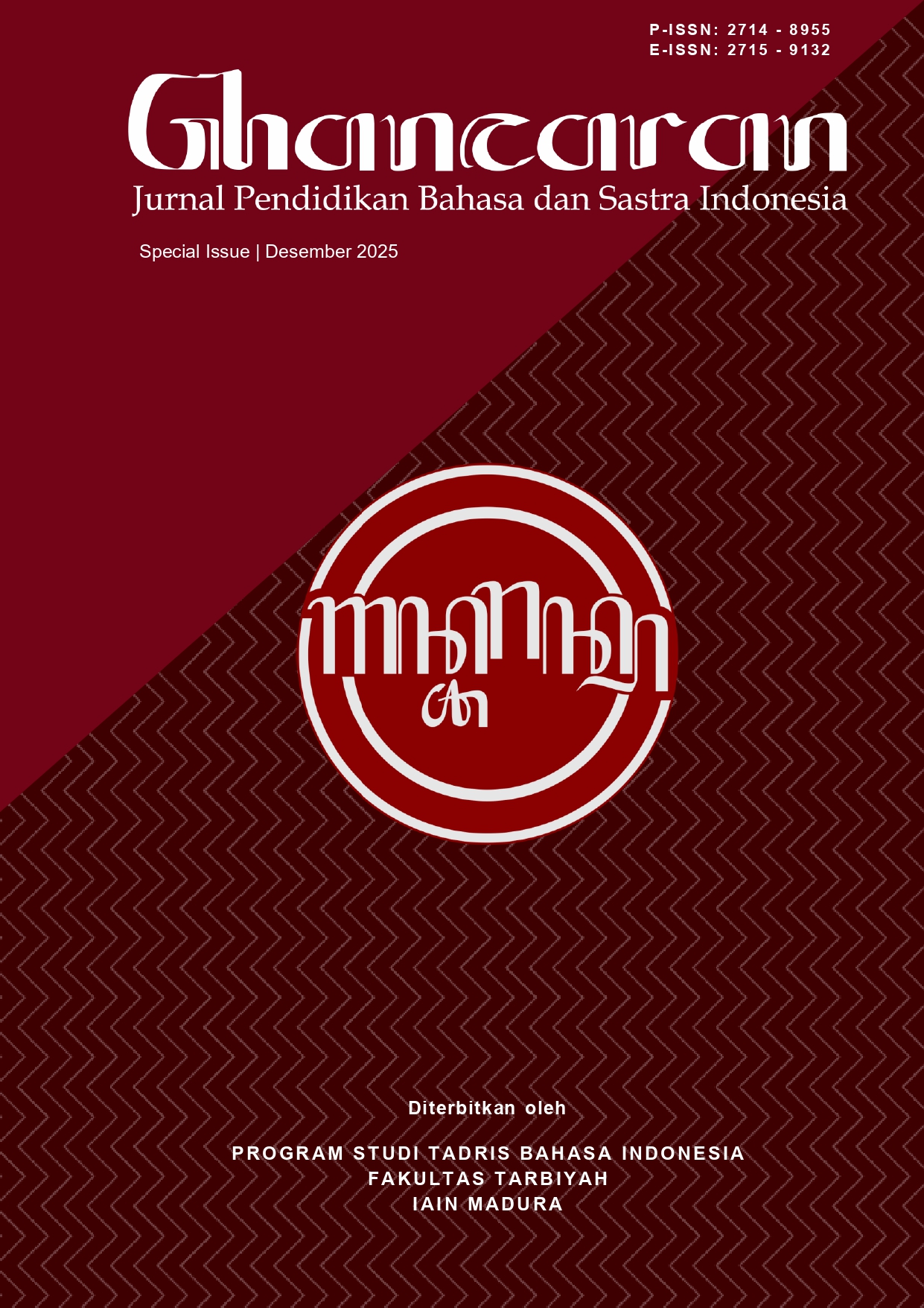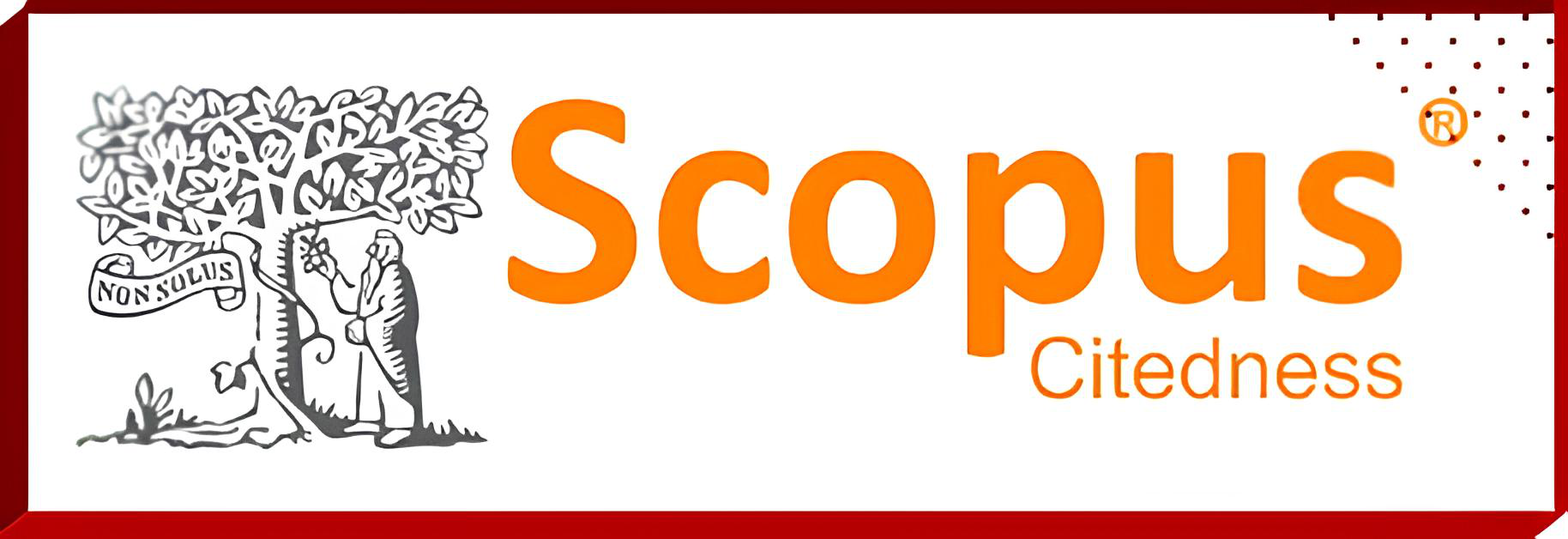Ethical AI Implementation in Educational Settings: Balancing Innovation with Academic Integrity and Student Privacy
 Abstract views: 466
,
Abstract views: 466
,
 PDF downloads: 325
PDF downloads: 325
Abstract
The rapid integration of artificial intelligence (AI) into education necessitates urgent ethical implementation frameworks, especially in vocational systems of developing countries like Indonesia, where workforce readiness meets digital transformation. The purpose of this study is to address gaps in ethical AI governance within Indonesian vocational schools (SMK). A sequential explanatory mixed-methods design was employed, involving 847 stakeholders from 34 provinces and eight in-depth SMK case studies. Findings reveal moderate national AI ethics awareness (M=2.83), with significant regional gaps—from Java (3.01) to Papua (2.34)—and a critical privacy paradox: high concern (M=3.67) coexists with low legal literacy (28.9%). Students actively use AI for academic support (64.3%) but lack institutional guidance, while teachers face identity crises requiring deeper pedagogical reform beyond technical training. The proposed ETIKA-SMK framework, co-developed with experts, received strong validation (relevance 4.3/5.0; innovation 4.4/5.0) and showed improvements in ethical policy compliance (67.8%) and cybersecurity practices (58.7%) at pilot schools. The study highlights the need for differentiated implementation strategies, as 50% of SMKs fall into “Traditional” or “Struggling” categories requiring foundational capacity-building. It concludes that ethical AI integration must be grounded in local contexts, institutional capacities, and cultural values, rather than adopting standardized global models unsuitable for low-resource educational environments.
Downloads
References
Education Trends Snapshot: AI, Skills, and Workforce Pathways. (n.d.). Retrieved August 27, 2025.
AIPRM. (2024, July 11). AI in Education Statistics · AIPRM. https://www.aiprm.com/ai-in-education-statistics/
Akgun, S., & Greenhow, C. (2022). Artificial Intelligence in Education: Addressing Ethical Challenges in K-12 Settings. AI and Ethics, 2(3), 431–440.
Aljedaani, W., Saad, E., Rustam, F., de la Torre Diez, I., & Ashraf, I. (2022). Role of Artificial Intelligence for Analysis of Covid-19 Vaccination-related Tweets: Opportunities, Challenges, and Future Trends. Mathematics, 10(17), 3199.
Auxier, B., Rainie, L., Anderson, M., Perrin, A., Kumar, M., & Turner, E. (2019). Americans and privacy: Concerned, Confused and Feeling Lack of Control Over Their Personal Information.
Cedefop. (2022). The Future of Vocational Education and Training in Europe. Publications Office.
Creswell, J. W., & Plano Clark, V. L. (2014). Research Design, Qualitatif and Mixed Methods Approaches. Second. Sge Publications.
Davis, F. D. (1989a). Perceived Usefulness, Perceived Ease of Use, and User Acceptance of Information Technology. MIS Quarterly, 319–340.
Davis, F. D. (1989b). Technology Acceptance Model: TAM. Al-Suqri, MN, Al-Aufi, AS: Information Seeking Behavior and Technology Adoption, 205(219), 5.
Green, R. A. (2014). The Delphi Technique in Educational Research. Sage Open, 4(2), 2158244014529773.
Holmes, W., Porayska-Pomsta, K., Holstein, K., Sutherland, E., Baker, T., Shum, S. B., Santos, O. C., Rodrigo, M. T., Cukurova, M., Bittencourt, I. I., & Koedinger, K. R. (2022). Ethics of AI in Education: Towards a Community-Wide Framework. International Journal of Artificial Intelligence in Education, 32(3), 504–526.
Kathala, K. C. R., & Palakurthi, S. (2024). AI Literacy Framework and Strategies for Implementation in Developing Nations. Proceedings of the 2024 16th International Conference on Education Technology and Computers, 418–422.
Lai, J., & Widmar, N. O. (2021). Revisiting the Digital Divide in the COVID ‐19 Era. Applied Economic Perspectives and Policy, 43(1), 458–464.
Marwick, A. E. (2018). Privacy at the Margins| Understanding Privacy at the Margins—Introduction. International Journal of Communication, 12, 9.
Nguyen, A., Ngo, H. N., Hong, Y., Dang, B., & Nguyen, B.-P. T. (2023). Ethical principles for artificial intelligence in education. Education and Information Technologies, 28(4), 4221–4241.
Prasetya, F., Fortuna, A., Samala, A. D., Latifa, D. K., Andriani, W., Gusti, U. A., Raihan, M., Criollo-C, S., Kaya, D., & García, J. L. C. (2025). Harnessing Artificial Intelligence to Revolutionize Vocational Education: Emerging Trends, Challenges, and Contributions to SDGs 2030. Social Sciences & Humanities Open, 11, 101401.
Recommendation on the Ethics of Artificial Intelligence | UNESCO. (n.d.). Retrieved August 27, 2025, from https://www.unesco.org/en/articles/recommendation-ethics-artificial-intelligence
Rest, J., Narvaez, D., Bebeau, M., & Thoma, S. (1999). A Neo-Kohlbergian Approach: The DIT and Schema Theory. Educational Psychology Review, 11(4), 291–324.
Schiff, D. (2022). Education for AI, not AI for Education: The Role of Education and Ethics in National AI Policy Strategies. International Journal of Artificial Intelligence in Education, 32(3), 527–563.
Selwyn, B., & Leyden, D. (2022). Oligopoly-driven development: The World Bank’s Trading for Development in the Age of Global Value Chains in perspective. Competition & Change, 26(2), 174–196.
Senaidi, S. R. A. (2019). A Triarchic Model on Student’s M-Learning Readiness in the Omani Context: A Structural Model View. International Journal of Computing, 8(6), 93–113.
Strategy, M.-T. (n.d.). UNESCO-UNEVOC. Retrieved August 27, 2025, from https://eric.ed.gov/?id=ED615598
Tashakkori, A., & Teddlie, C. (2010). Sage handbook of mixed methods in social & behavioral research. sage.
The future of learning: AI is revolutionizing education 4.0. (2024, April 28). World Economic Forum.
Tondeur, J., Van Braak, J., Ertmer, P. A., & Ottenbreit-Leftwich, A. (2017). Understanding the relationship between teachers’ pedagogical beliefs and technology use in education: A systematic review of qualitative evidence. Educational Technology Research and Development, 65(3), 555–575.
Van Damme, D. (2023). ?` Los Estudiantes de la Educación Superior Realmente Adquieren Las Competencias Que se Necesitan? ??` La Educación Superior Enseña a Pensar Críticamente?
van Dijk, E. E., van Tartwijk, J., van der Schaaf, M. F., & Kluijtmans, M. (2020). What makes an expert university teacher? A Systematic Review And Synthesis Of Frameworks For Teacher Expertise In Higher Education. Educational Research Review, 31, 100365.
Venkatesh, V., Morris, M. G., Davis, G. B., & Davis, F. D. (2003). User acceptance of information technology: Toward a unified view. MIS Quarterly, 425–478.
Voogt, J., Knezek, G., Cox, M., Knezek, D., & Ten Brummelhuis, A. (2013). Under which conditions does ICT have a positive effect on teaching and learning? A Call to Action. Journal of Computer Assisted Learning, 29(1), 4–14.
Walker, L. J., & Hennig, K. H. (2004). Differing conceptions of moral exemplarity: Just, brave, and caring. Journal of Personality and Social Psychology, 86(4), 629.
Yeo, D., Ang, A., & Choo, S. S. (2020). The World, the Text and the Classroom: Teaching Literature in Singapore Secondary Schools. Pearson Education South Asia Pte Limited.
Yin, Robert K. 2018. Case Study Research and Applications... - Google Scholar. (n.d.). Retrieved August 27, 2025.
Zawacki-Richter, O., Marín, V. I., Bond, M., & Gouverneur, F. (2019). Systematic Review of Research on Artificial Intelligence Applications In Higher Education – Where Are the Educators? International Journal of Educational Technology in Higher Education, 16(1), 39.
Copyright (c) 2025 GHANCARAN: Jurnal Pendidikan Bahasa dan Sastra Indonesia

This work is licensed under a Creative Commons Attribution-ShareAlike 4.0 International License.
Ghancaran: Jurnal Pendidikan Bahasa dan Sastra Indonesia uses an Open Access Policy under the Creative Commons Attribution-ShareAlike 4.0 International License. Authors publishing in this journal agree to the following terms:
- Ghancaran Journal holds the copyright and grants the journal rights for first publication with the work simultaneously licensed under a

The work is distributed under Creative Commons Attribution-ShareAlike 4.0 International License which allows others to share, copy, and redistribute the material in any media or format and adapt, remix, change, and develop the material even for commercial purposes, as long as it is stated credit and license derivative works under similar terms. - Authors may make additional contractual arrangements for non-exclusive distribution of the journal's published work version.
- Authors are permitted to post their work online (e.g., in institutional repositories or on their websites) before and during submission, as doing so may lead to productive exchange.



















